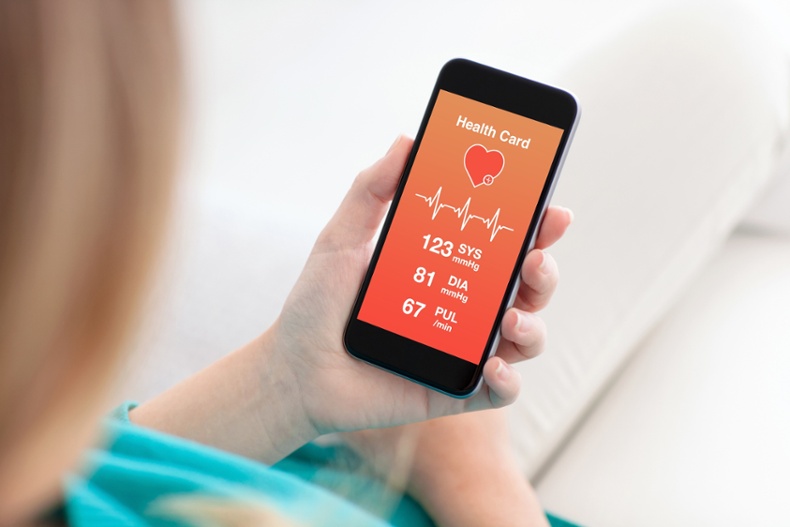The Relationship Between Mobile Healthcare Apps and Physician Visits

The internet has changed everything. It wasn’t that long ago when patients relied exclusively on physicians for healthcare advice, diagnosis and treatment. Today, however, an increasing and alarming number of people are turning to mobile healthcare apps for healthcare expertise.
And it could be dangerous.
According to the fourth annual study on mHealth app publishing conducted by Research2Guidance, there are currently more than 100,000 healthcare apps available to both Apple and Android users. According to the study’s authors, it’s estimated that 1.5 billion people around the world will have downloaded a healthcare app by 2018.
Many of those who use mobile healthcare apps cite convenience as their top reason for turning to their smartphones for healthcare information. They like having access to their medical records, the ability to make appointments with the swipe of a finger and the plethora of information about medication, symptoms and preferred treatments. Others use mobile healthcare apps to track their diets, exercise habits and sleep. Most people consider mobile healthcare apps to be incredibly useful.
Physicians, however, should be wary of the way their patients use the apps.
One study published in 2013 found that the average American spent about an hour online each week searching for healthcare information. While many search for general information about allergies and treating the common cold, others seek information related much more serious conditions—and then accepted what they found online as undisputed healthcare truth.
The result, according to research conducted by the Pew Research Center, is that only about half of all the people who looked for and found healthcare information online actually followed up with their physicians.
This trend puts both patients and physicians in precarious positions.
While people are increasingly using and trusting mobile healthcare apps, their faith in physicians is in a downward spiral. A recent study found that only about 23 percent of Americans have “a great deal” of confidence in the country’s healthcare system, and a disappointing 58 percent say that doctors can be trusted.
The challenge for physicians is to embrace the fact that mobile healthcare apps are not going away and find a way to help their patients understand how to use them effectively, without doing harm. In other words, physicians need to leverage the power of the internet to engage patients in their care and treatment plans. Here’s how:
Educate
As with any app, there are those mobile healthcare apps that are reliable and there are those that should not be trusted. For this reason, it is important that physicians familiarize themselves with apps that are both useful and accurate—and then share those apps with patients.
At the very least, physicians will know from which sources their patients are getting their information, which is the first step towards ensuring that patients are not taking bad advice.
Engage
Patients are increasingly being asked and expected to take more responsibility for their health and care. Hence, they many turn to apps for information.
Physicians can leverage this trend by encouraging patients to share information about their use of mobile healthcare apps during office visits. Engaging patients in honest, authentic conversations about online information—whether treatment options or ways to deal with symptoms—can actually lead to more accurate diagnoses and care that is more personalized.
Embrace
Many apps can actually make physicians’ lives easier. They assist with the scheduling of office visits, provide patients with access to their medical records and allow patients to ask questions.
Physicians should identify the apps that make the most sense to their practices and embrace them. Patients are using apps anyway, so physicians should use them to their advantage, too.
—
Did you like this article? If you’d like to read others like it, subscribe to our blog!
![]()
Comments are closed.



Recent Comments